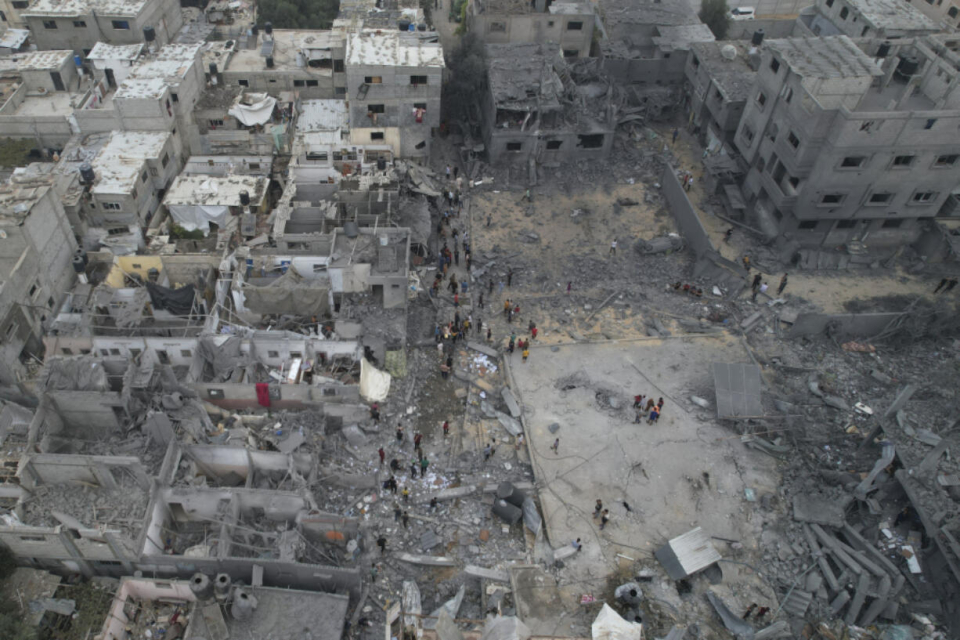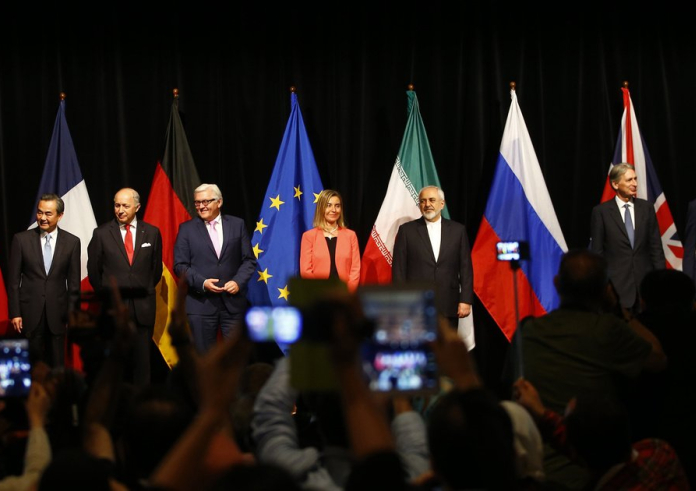In the largest humanitarian aid convoy since the onset of hostilities between Israel regime and Hamas, nearly three dozen trucks entered Gaza on Sunday. However, aid workers on the ground report that the assistance remains woefully insufficient, as thousands of people resorted to breaking into warehouses to secure essential items such as flour and basic hygiene products.
According to the Gaza Health Ministry, the death toll among Palestinians has now exceeded 8,000, with the majority being women and minors. Israeli tanks and infantry continued their operations, described by Israeli Prime Minister Benjamin Netanyahu as the "second stage" of the war triggered on October 7. This staggering death toll is unparalleled in decades of Israeli-Palestinian conflict.
After a devastating Israeli bombardment, which residents described as the most intense of the entire war, phone and internet services were knocked out late on Friday. However, on Sunday, communications were mostly restored for Gaza's 2.3 million residents.
Israel has permitted only a limited amount of aid to enter Gaza. On Sunday, 33 trucks loaded with water, food, and medicine were granted access through the Rafah border crossing with Egypt, according to Wael Abo Omar, a spokesperson at the Rafah crossing, as reported by The Associated Press.
Following his visit to the Rafah crossing, Karim Khan, the chief prosecutor of the International Criminal Court, described the suffering of civilians in Gaza as "profound." Khan expressed his inability to enter Gaza and called these times "the most tragic of days." The International Criminal Court has been investigating the actions of both Israeli and Palestinian authorities since 2014.

















